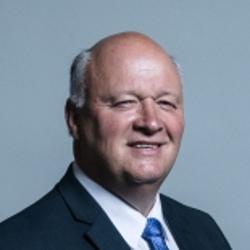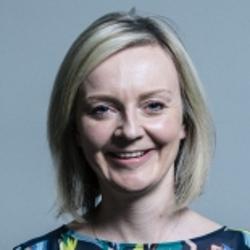Education: Basic Skills
(asked on 12th June 2014) - View SourceQuestion to the Department for Education:
To ask the Secretary of State for Education, what steps his Department has taken to ensure a high standard of teaching in numeracy and literacy.
We have published a more rigorous curriculum for English and mathematics. The new national curriculum sets expectations that match those in the highest-performing education jurisdictions in the world, challenging pupils to realise their potential in an increasingly competitive global market. It increases the level of demand from an early age, with greater emphasis on arithmetic, including learning times tables to 12 x 12 by age 9 and removing calculators from key stage 2 tests in mathematics, and on phonics, grammar and vocabulary development in English. GCSEs in English language and mathematics are also being reformed to be more challenging and give stronger guarantees of literacy and numeracy, with the mathematics GCSE in particular covering more than the current GCSE.
We are confident that our reform to the national curriculum will give teachers greater flexibility and freedom, which will help to raise standards and expectations for all pupils. It has been significantly slimmed down and will free-up teachers to use their professional judgement to provide support that best meets the needs of their pupils.
We have invested in and reformed initial teacher training (ITT) to focus on attracting the very best graduates with the right qualities for teaching into the profession through making more scholarships available; using bursaries to attract more of the most talented graduates in key subjects such as maths and physics and supporting the expansion of the highly-successful Teach First programme. Teach First is now the largest graduate recruiter in any sector in the United Kingdom.
In 2013/14, we recruited 96% of the overall number of trainees we set out to recruit and the proportion with first-class or 2:1 degrees has risen 3 percentage points (74%) – a record compared to last year (71%). We have raised the bar for entry into ITT by making skills tests tougher, limiting candidates to two re-sits and making passing the tests in literacy and numeracy a requirement before entering, rather than exiting, ITT.
Sir Andrew Carter has been appointed to lead an independent review about the effectiveness of ITT. As part of this, the review will look at ITT courses for both primary and secondary teaching to consider how well trainees are equipped to become outstanding teachers.

